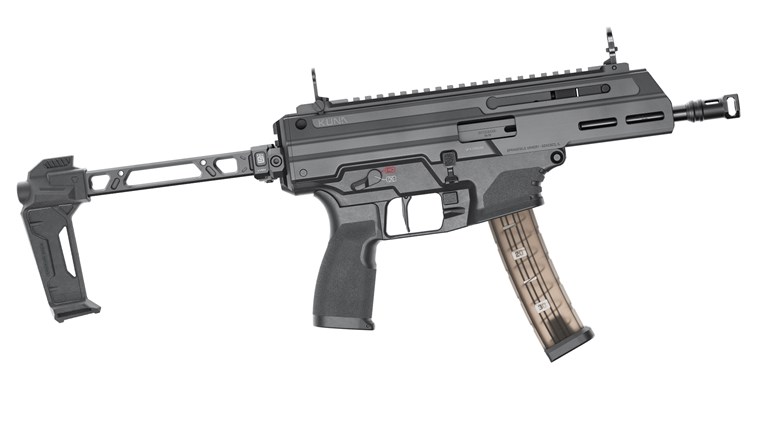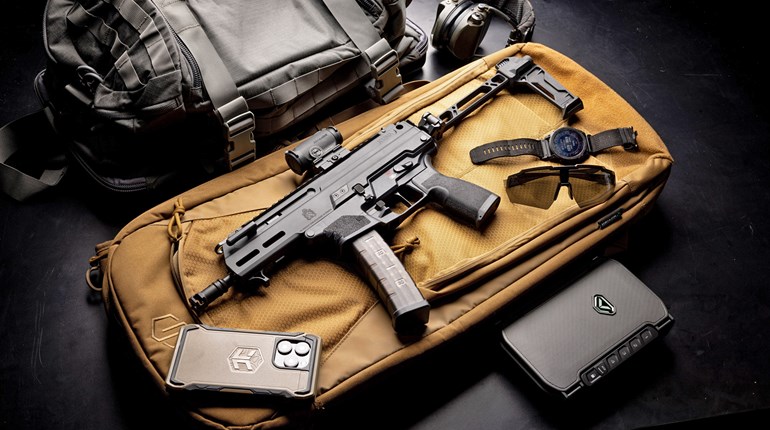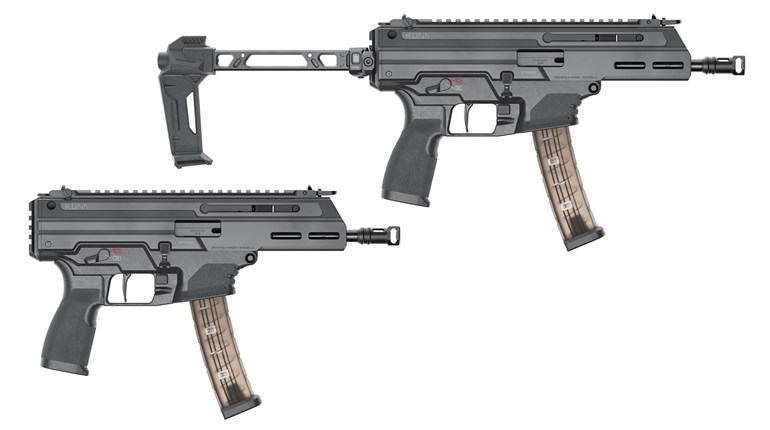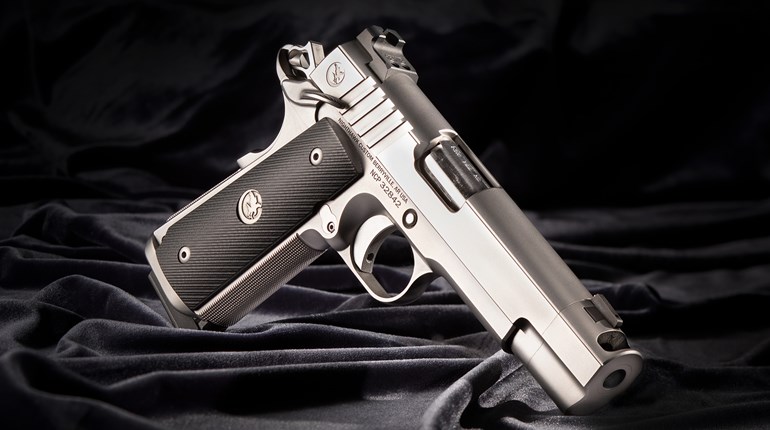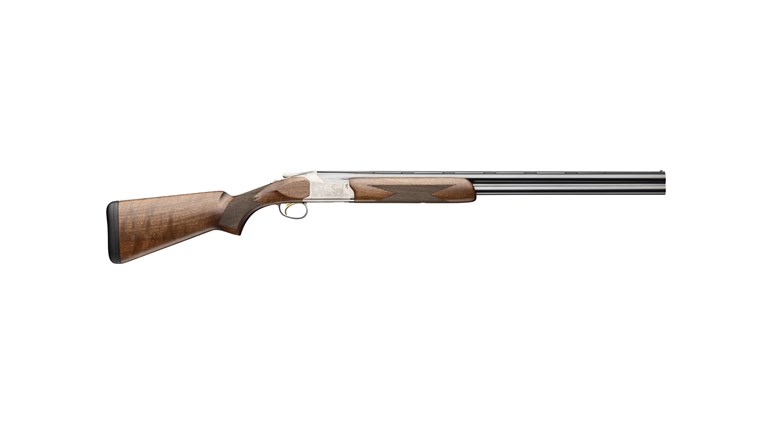
This review of the Springfield Armory Range Officer 1911 originally published in the April 2016 issue of Shooting Illustrated.
Springfield Armory’s 1911s are no strangers to the competitive-shooting circuit. Pistols from the company’s custom shop have helped well-known professional shooters like Rob Leatham accumulate an impressive number of accolades and championship titles over the years. Thankfully, Springfield Armory continues to offer lower-priced alternatives for beginners and budget-minded shooters in search of inexpensive, entry-level 1911s that are match-ready from the box, such as this Springfield Armory Range Officer 1911 featuring a brushed stainless-steel finish.

On average, competitive shooters and students of tactical-handgun training courses tend to put more rounds through their pistols than average handgunners, and the company's Springfield Armory Range Officer 1911 is built to withstand such extensive use. Its full-size frame and slide are hammer-forged steel with the added benefit of the aforementioned corrosion resistance. But, there’s more to this change than mere aesthetics. Stainless steel pistols can handle infrequent cleaning/maintenance sessions that are often byproducts of competition and extended training sessions.
The Range Officer’s slide-to-frame fit is tight; accuracy-robbing sideways movement between the two components is virtually indistinguishable. Checkering spans the mainspring housing and provides enhanced purchase without being overly aggressive and painful over prolonged shooting sessions. A slight bevel along the inside of the magazine well facilitates smooth reloads. A set of 18 narrow serrations span the rear of the slide. While they may not be fancy, the gripping surface allow for hassle-free manipulation.
Good sights are a must, and the company address that fact pretty well by topping the Springfield Armory Range Officer 1911 slide with a Bo-Mar-style rear sight combined with a red fiber-optic pipe up front. Horizontal serrations along the face of the rear assembly help minimize glare from the sun and indoor lighting. The rear assembly is adjustable for windage and elevation, enabling shooters to zero the pistol for their preferred load.

The eye-catching red fiber-optic pipe provided ample contrast to the rear notch and was quick and easy to acquire during presentation. For me, however, the design is far less practical/rugged for this type of purpose-built pistol, as I consider it less likely to withstand the hard use and numerous presentations as a standard blade (with either a plain-white dot, brass bead or even a tritium insert).

Several features on the Springfield Armory Range Officer 1911 focus on creating an optimum firing grip for the shooter, including glossy cocobolo stocks, a flat, checkered mainspring housing and a beavertail grip safety, which helps shooters maintain a higher grip on the pistol. The lower portion of its face is built up to promote rapid positive sear disengagement. A single-sided thumb safety with an extra wide paddle provides positive purchase and a ledge for the shooter’s thumb while helping to counter muzzle flip. For left-handed shooters however, the component proved less than ideal. An ambidextrous safety would have been more practical to shoot weak-handed, be it in competition, training or self-defense.
Both the hammer and trigger are skeletonized to reduce mass to foster a crisp trigger pull. The trigger in the sample pistol I tested had minimal take-up before breaking at slightly more than 4 pounds.

Along with a spare magazine, the pistol ships with a polymer belt holster and dual-magazine pouch, both of which contain tension screws for adjustment. While my southpaw affliction prevented me from using the holster, the swag should make most shooters feel adequately equipped (though a third magazine to fill the magazine carrier would be welcome.)
As the Springfield Armory Range Officer 1911 is designed for competitive shooting, I shot it offhand. At 15 yards, all three loads tested performed more than adequately for personal protection. The smallest group came from HPR 115-grain TMJ. Intermittent failures to feed occurred while shooting the SIG Sauer 147-grain and persisted after lubing the pistol, despite the fact the pistol has a fully supported ramped barrel. Remaining loads cycled hiccup free. The pistol displayed an affinity for lighter-weight bullets and lower velocities.
If you’re on a budget yet looking for custom-pistol performance, consider the Springfield Armory Range Officer 1911. It offers many of the high-end features commonly seen on pedigree pistols, all for a fraction of the price. You can never have too many 1911s, and in this case shooters will definitely be getting more bang for their buck.











